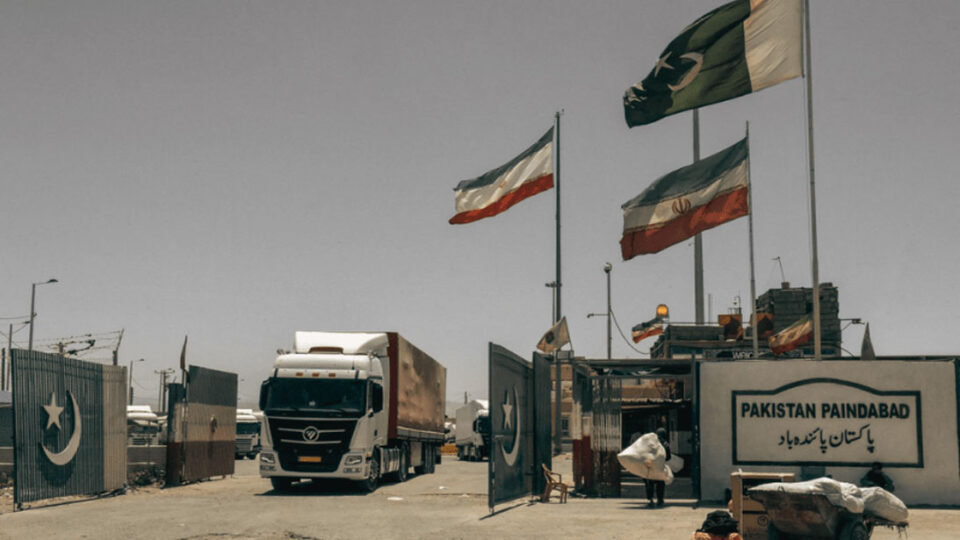Balochistan Feels Ripple Effects of Iran-Israel War: Daily Life Disrupted Along the Border
PANJGUR (Balochistan): As geopolitical tensions escalate between Iran and Israel, the humanitarian impact is reaching deep into Balochistan’s border communities—affecting families, businesses, essential services, and even local security dynamics.
💔 Family & Traditions Disrupted
-
Waqar Baloch, a groom from Jaheen, candidly shared that half of his family, living on the Iranian side, cannot attend his wedding next week.
-
His wedding supplies—electronics, jewelry, and perfumes—are stuck across the closed border at Paroom, but he is determined to continue as scheduled, hopeful that tensions will cool soon.
🛑 Border Crossings Sealed, Trade Paralyzed
-
Pakistan has closed multiple border points with Iran—Taftan, Danuk, Cheedgi, and Jirak-Proom—freezing crucial trade and transit.
-
Traders like Zubair and Hafiz warn of halted businesses, stalled children’s education, and uncertainty as supply chains are disrupted on both sides.
-
Dr. Manzoor Baloch, economist, underscores that many daily essentials and construction materials rely on both formal and informal cross-border lanes.
⛽ Fuel & Food Shortages on the Rise
-
Items like biscuits, baby milk, and other packaged goods are imported from Iran, and the disruption has sparked sharp price increases in remote areas.
-
Liquefied Natural Gas (LNG), fuel, and even electricity have become scarce. Traders note that subsidized Iranian fuel—vital for agricultural machinery and transport—is no longer available.
-
Residents express growing concern: how will sick individuals reach hospitals? How will tractors and water pumps operate during this crucial season?
🔌 Looming Power Outages & Economic Strain
-
The Makran division—home to towns like Gwadar, Turbat, and Panjgur—is particularly strained. Most electricity there is imported, and local services like hospitals, businesses, and schools are now vulnerable to power cuts.
🛡️ Security Concerns and Militancy Risk
-
With Iran focusing resources elsewhere, groups like Jaish-ul-Adl, Baloch Nationalist Army, and Free Balochistan Movement are reportedly gearing up near the border.
-
According to expert Malik Siraj Akbar, Pakistan’s upcoming security posture may alter militant balances: Sunni militants could gain ground if Sunni identity is emphasized over ethnic Baloch nationalism.
-
A tightly controlled border could hamper Baloch nationalist militants, but framework alliances with Sunni militants may emerge temporarily—though ideological rifts will limit any lasting alignment.
📣 What This Means for Residents
-
Food, fuel, cash crops, and daily materials all depend on the Iran trade corridor, with direct consequences for healthcare, education, and livelihoods.
-
Rising tension has also sparked fears of refugee influx—echoes of 1980s crises—and could strain the region’s hospitality and resources.
-
Local communities remain hopeful that current tensions will ease and normal trade and cross-border family ties will resume.
🚨 In Summary
Balochistan is facing a uniquely fragile situation—where geopolitical conflict converges with local hardship, generating humanitarian stress, economic strain, and security risks. As families like Waqar’s await resolution, the region’s future hinges on diplomatic breakthroughs that may loosen closed borders and ease mounting pressure on its communities.

